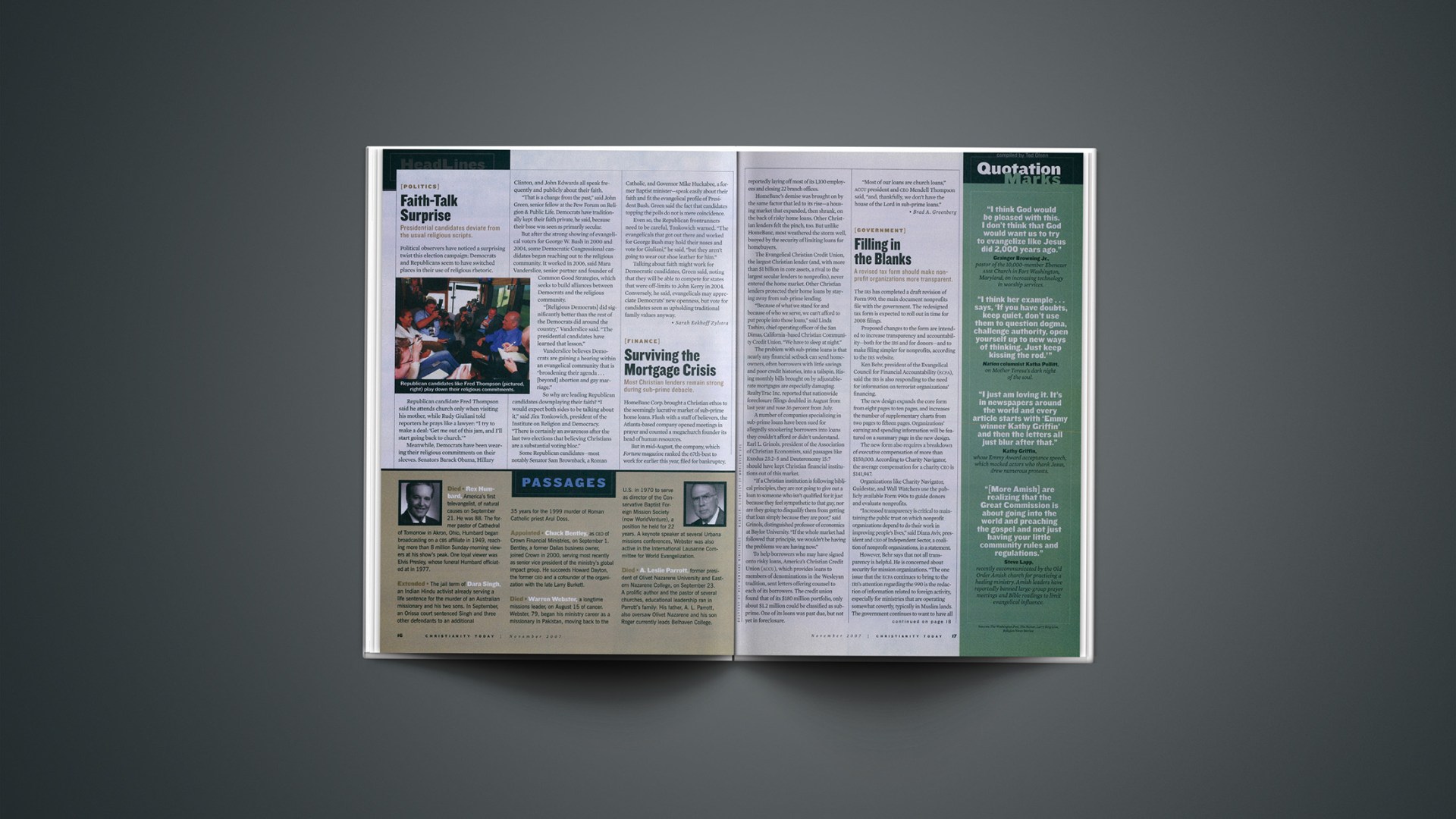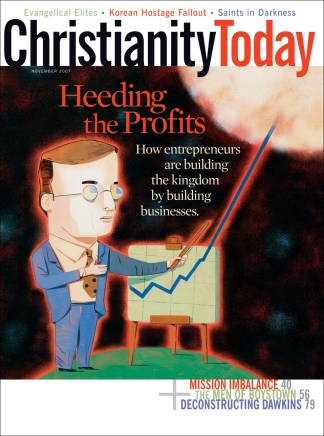We’re off to a successful start here at Off the Agenda. Hopefully you’ve had a chance by now to get to know our team, and some of the people within the church community who have joined us to help shape the conversation here. And we really hope the posts you’ve read so far already have encouraged you, challenged you, and equipped you for the leadership roles you handle day to day.
But now that you know who we are, it’s time to get to know you.
We’d love to see you comment to this post to tell us a bit about yourself.
We’d like to hear a little bit of your story–where you’re from, where you lead, what kind of leadership role that you oversee. If you’d like, we’d love to hear some background on your church, the strengths you enjoy within your role, and the challenges you currently face.
As people respond to this post, take some time to read the comments from your peers. When an opportunity arises, respond to offer encouragement or ideas–or just to share in someone’s triumph, big or small.






